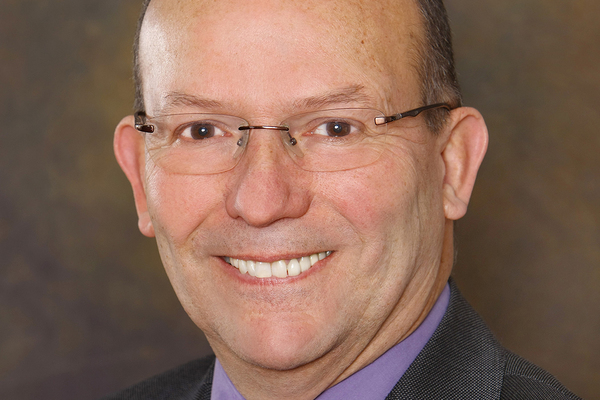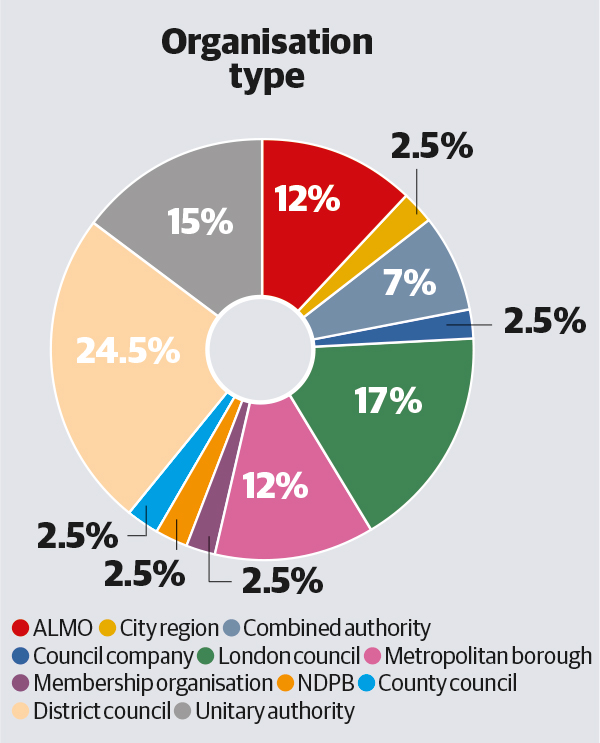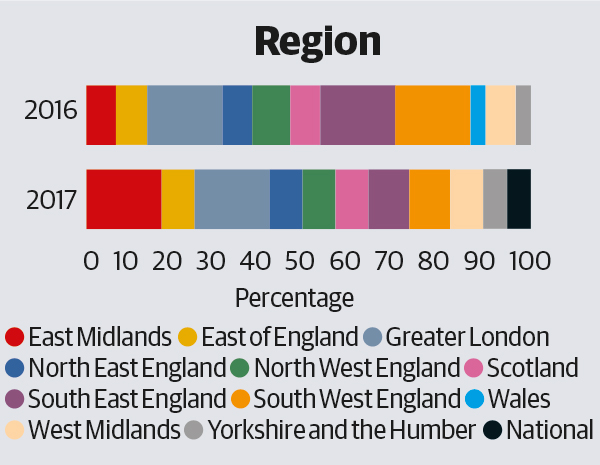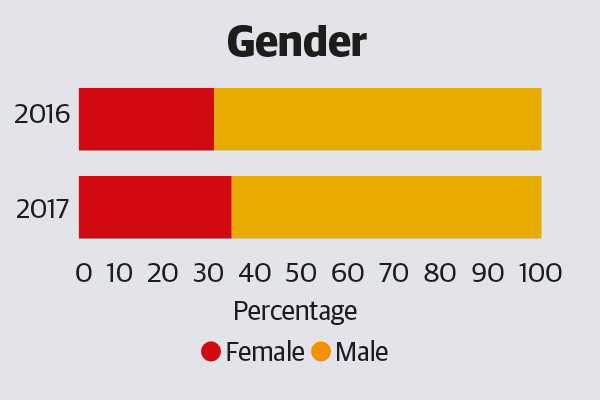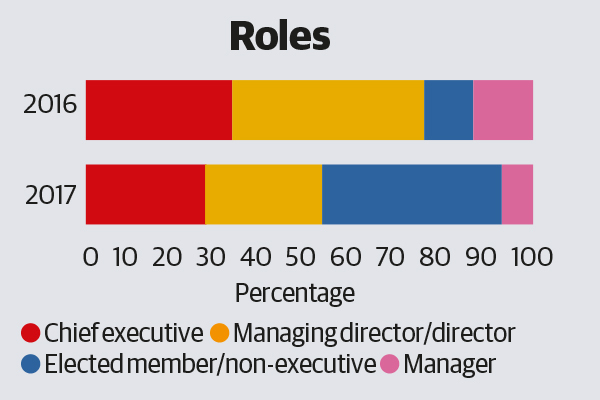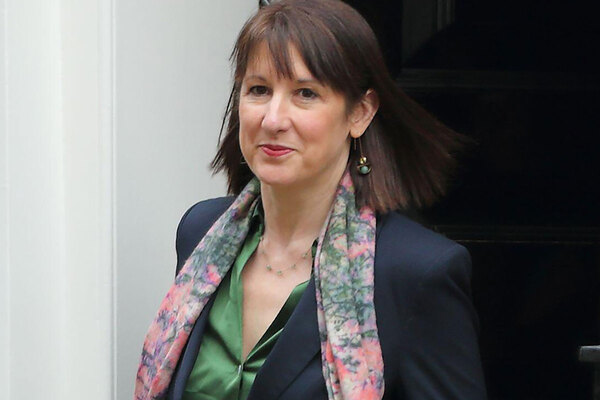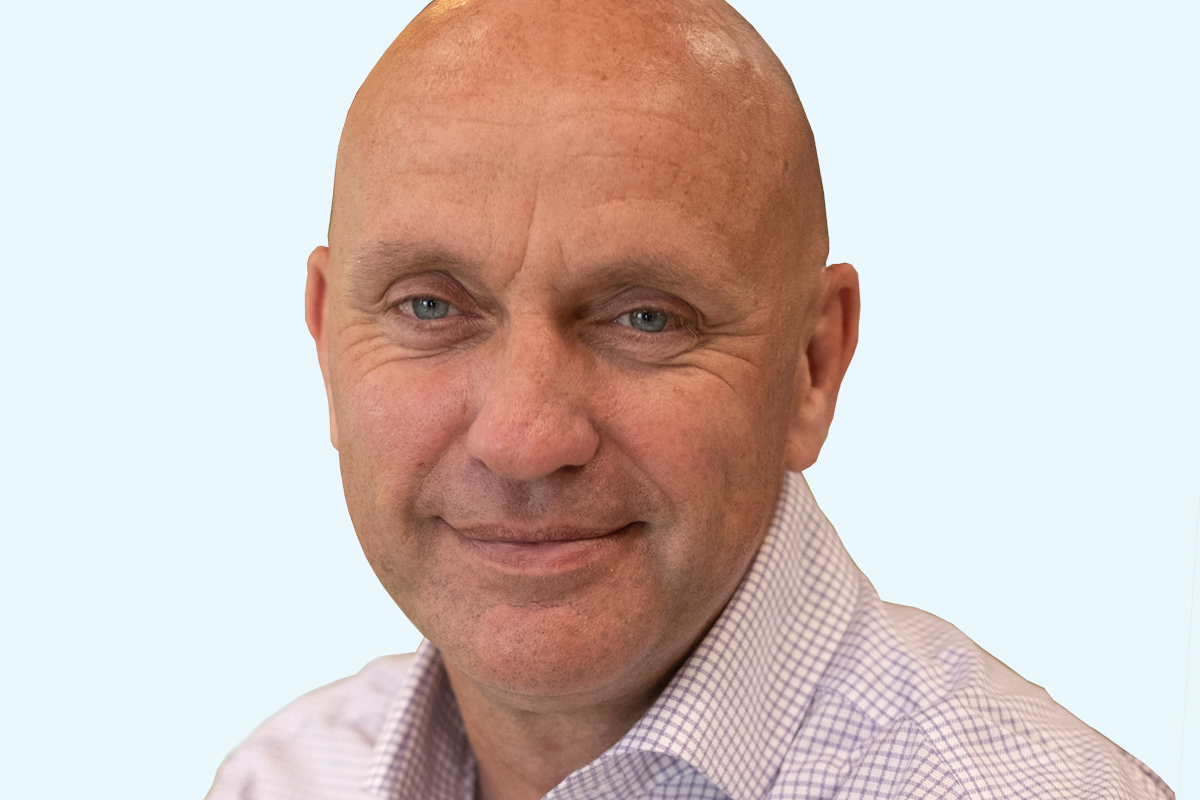You are viewing 1 of your 1 free articles
Our Who’s Who in Local Authority Housing Development list explained
More details about Inside Housing’s exclusive power list of the 41 heavy hitters driving council housing delivery
Introduction
Emma Maier, editor, Inside Housing
When we launched the Inside Housing Who’s Who in Local Authority Housing Development project last year, it was clear that councils had a crucial role to play in housing growth.
But government was continuing to debate whether it wanted to champion or discourage council development.
Twelve months on, and the prime minister has dedicated her premiership to “fixing our broken housing market”.
Councils are very much part of the solution. She told delegates at the Conservative Party conference: “A new generation of council houses [will help] to fix our broken housing market.”
“Councils can co-ordinate the delivery of homes needed in their locality.”
In the run-up to the conference, national newspapers trumpeted a “council housing splurge”.
This renewed government commitment to social rented housing is in sharp contrast to political priorities in recent years.
It marks a realisation that market development alone can’t solve the housing crisis.
The prime minister’s solution is a holistic one. She remains strongly committed to homeownership and recognises the need for homes of all types.
“Whether you’re trying to buy your own home, renting privately and looking for more security, or have been waiting for years on a council list, help is on the way,” she told the party conference.
Councils have an unrivalled position in delivering that objective. From strategic leadership through to planning and development, they are uniquely positioned to enable and co-ordinate the delivery of the homes that are needed in their locality.
This year’s Who’s Who in Local Authority Housing Development project highlights those individuals who are leading the way.
The Who’s Who is intended to promote awareness and discussion of the achievements led by those on our list. I hope you’ll join me in congratulating them.
We kick off the debate on page 18 with a round table conversation on the challenges and opportunities ahead for councils.
We invite you to continue the discussion with us in the coming months, and to nominate next year.
Thanks to those who nominated peers and colleagues, and to our panel for giving their time and expertise.
We are grateful to Monarch Partnership for kindly supporting the Who’s Who.
emma.maier@insidehousing.co.uk
Arjan Dosanjh, commercial director, Monarch Partnership
The government may set the housing development agenda, but arguably, there is a strong case around devolution being the most effective way to tackle the biggest challenges facing the sector.
An advantage which local authorities possess is that only they truly understand the intricacies of their specific localities, which is hugely important given that even neighbouring areas can have vastly different demographics.
The voice of nimbys objecting to plans to build on their patch is a common thorn in the side of affordable housing development.
This is one such area that plays into the hands of local authorities.
Councils can engage in a closer discourse with communities and therefore understand their specific needs, avoiding the kind of uproar that careless development can lead to.
Local authorities also have better access to affordable finance, and can work closely with local businesses to build and refurbish homes and create schemes that benefit those in a lower wage bracket.
Councils have the resourcefulness to create not only houses, but sustainable developments. These small-scale interventions have a lasting effect on the community. They are sensitive to issues such as the local economy, health and available land, which helps create the right houses for the right people. This acute focus on housing infrastructure is what promotes economic growth, which in turn invites future investment. It’s these humble local interventions which cultivate the most effective change.
Therefore, recognising the efforts of local authorities is vitally important. The individuals featured on this list are truly making waves in the world of local authority housing development, and we applaud the role they are playing in helping end the housing crisis.
Project sponsored by:

In numbers
Since the inaugural Who’s Who project last year, local authorities have further established themselves as a crucial force in the delivery of much-needed new homes.
There remain significant hurdles, from the rent cut to the Local Housing Allowance cap, restrictions on the use of Right to Buy receipts, and the looming prospect of forced asset sales.
But up and down the country, individual officers and politicians are persevering, and finding ever more creative solutions.
Some are delivering a number of new homes themselves. Others are working in partnership, through joint ventures or through development companies. Many are working across council boundaries to tackle housing need across the local economic area, delivering across a range of tenures.
Inside Housing’s Who’s Who in Local Authority Housing Development seeks to highlight councils’ achievements and champion those who are ensuring more people have a quality home to live in.
We gathered nominations from councils, housing associations and the private sector, together with suggestions from Inside Housing and our judges. We asked our expert panel to adjudicate.
They looked for vision, innovation, ambition, success and influence. But most of all, they looked for leadership, because it is leadership that overcomes challenges, inspires and achieves.
This year’s list draws from a wide range of organisations, from all types of councils as well as ALMOs, council development companies, combined authorities and city regions.
There was a sharp increase in elected politicians, from 9% members in the 2016 list to 39% this year, perhaps reflecting the increasing prominence of housing delivery on the national political stage. The presence of new metro mayors is a sign of the times, and of the opportunity for place leadership.
Those on the list come from most parts of the UK; 37% are women, while 63% are men. Where there are two people from the same authority showing significant leadership, both are included on the list as a joint entry.
The panel felt that ranking those on our list would be arbitrary, but like last year, they have highlighted different categories to reflect different types of leadership and achievement.
The visionaries are thinking differently, creating new solutions and showing true transformational leadership. The accelerators are showing ambition to move their authorities forward. The performers are committed and determined – embedding change and achieving solid results. The influencers are reaching beyond their organisations to lead the agenda nationally.
This year a new category has been added: ones to watch. These individuals are leading in their organisations to push housing up the agenda and are showing impressive progress.
All are making an important contribution to leading the development of new homes. The following pages give an insight into their achievements.
The expert judging panel
Inside Housing worked with pre-eminent experts in the field to assess submissions and nominate individuals to the list. Our panel have first-hand experience working with local authorities and those leading housing development. We thank them for their contribution and unrivalled knowledge.
Terrie Alafat, chief executive, Chartered Institute of Housing
Having started her career in social services and housing in local government, Ms Alafat spent more than a decade in the civil service working across homelessness, affordable housing and housing supply, latterly as director of housing at the Department for Communities and Local Government.
Brian Reynolds, programme director, One Public Estate, Cabinet Office and Local Government Association (LGA)
Mr Reynolds has led the One Public Estate initiative to support councils and public sector partners on property rationalisation programmes. He has also had a ringside view of groundbreaking schemes, such as the first county council to move into housebuilding.
David Cowans, group chief executive, Places for People
Mr Cowans has 30 years’ experience of housing, urban regeneration, mixed-tenure and mixed-use development, property management and financial management. He is a fellow of the Institute of Housing, the Royal Society of Arts and the Royal Institution of Chartered Surveyors. He works with councils across the country.
Natalie Elphicke, chief executive, Housing & Finance Institute
A leading expert in housing finance, Ms Elphicke was awarded an OBE for her services to housing. Alongside Keith House, she authored the influential Elphicke-House report on councils’ role in housing supply. At the Housing & Finance Institute, she builds skills and relationships to increase housing supply.
Ken Lee, chair of the housing panel, Chartered Institute of Public Finance and Accountancy
Having worked in local government for 40 years, including as treasurer and chief executive, and spent more than two decades as chair of the Chartered Institute of Public Finance and Accountancy housing panel, Mr Lee knows much about the intricacies of housing finance and delivery.
Eamon McGoldrick, managing director, National Federation of ALMOs (NFA)
During his 35-year career in housing management, Mr McGoldrick has led on housing for four London boroughs, including completing a £650m Decent Homes programme and driving up tenant satisfaction. He is a fellow of the Chartered Institute of Housing and managing director of the NFA.
Nick Walkley, chief executive, Homes and Communities Agency
Mr Walkley is well known in the world of local government. He was unafraid to make bold decisions during his time at Haringey and Barnet councils. Haringey was the first council in the country to launch a private sector lettings agency through its arm’s-length management organisation, Homes for Haringey.
Manjeet Gill, deputy policy spokesperson on housing, SOLACE
In her previous role as chief executive of West Lindsey District Council, Manjeet Gill took proactive steps to build more homes by investing its New Homes Bonus back into development. She has also established a national reputation in her role as deputy housing spokesperson for the Society of Local Authority Chief Executives (SOLACE).
